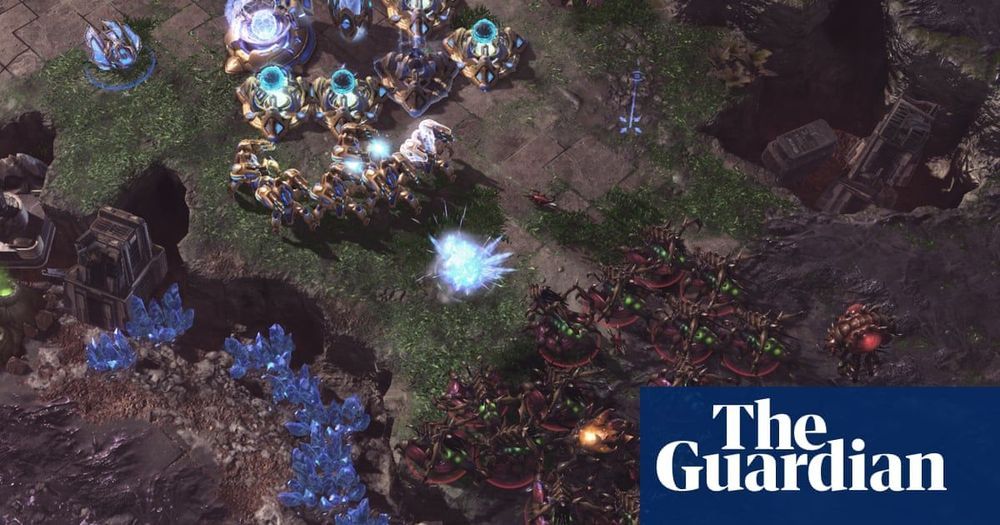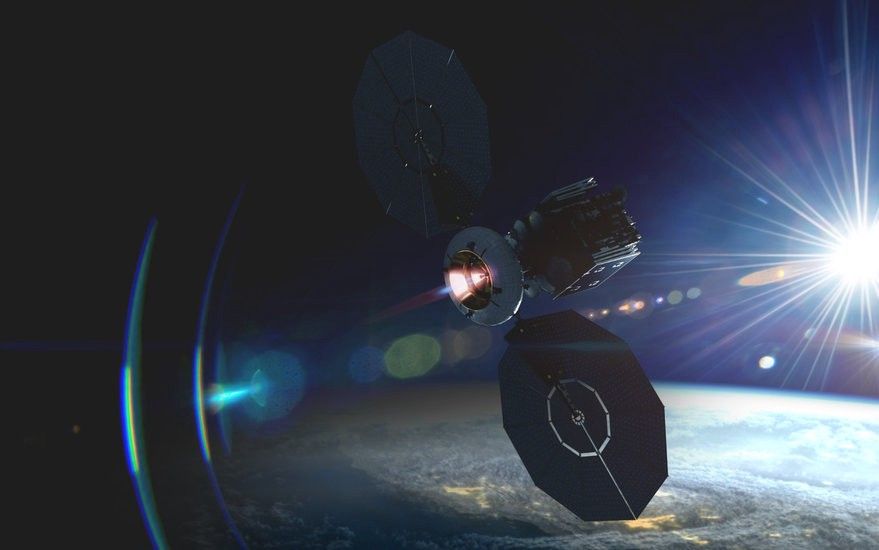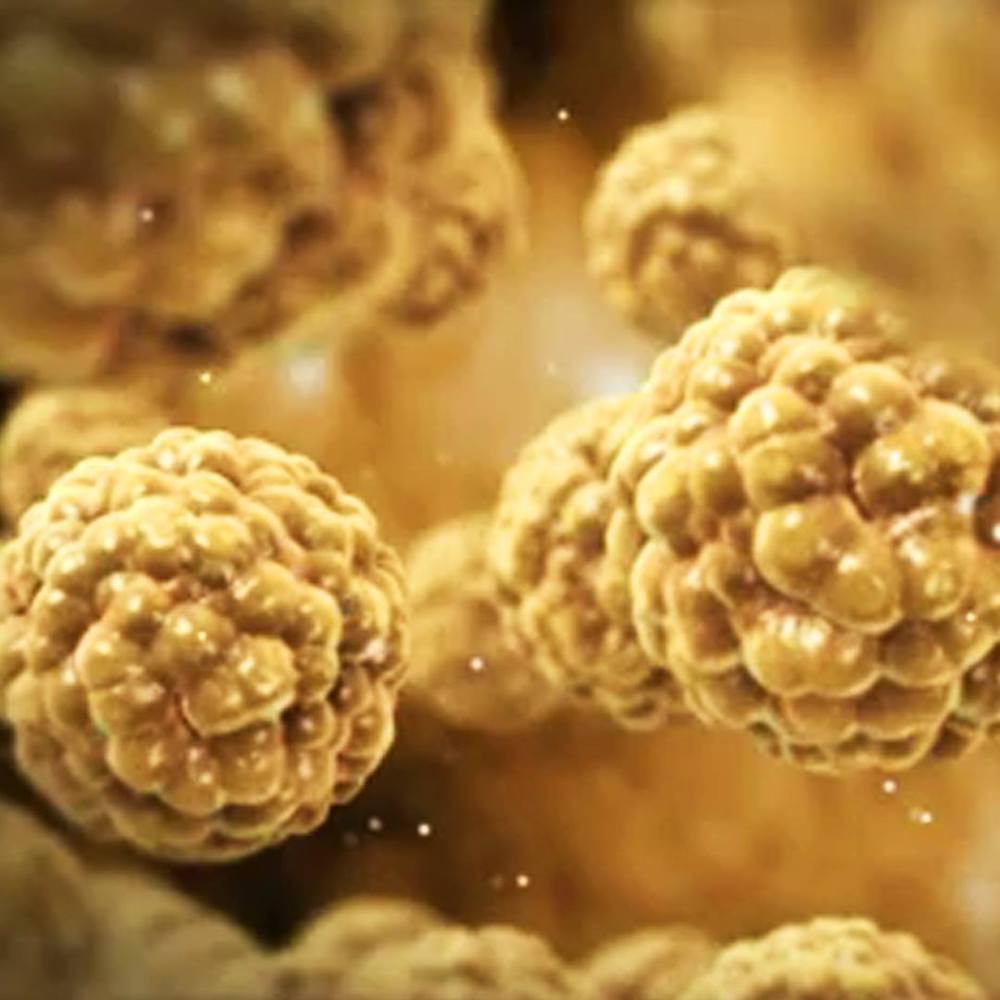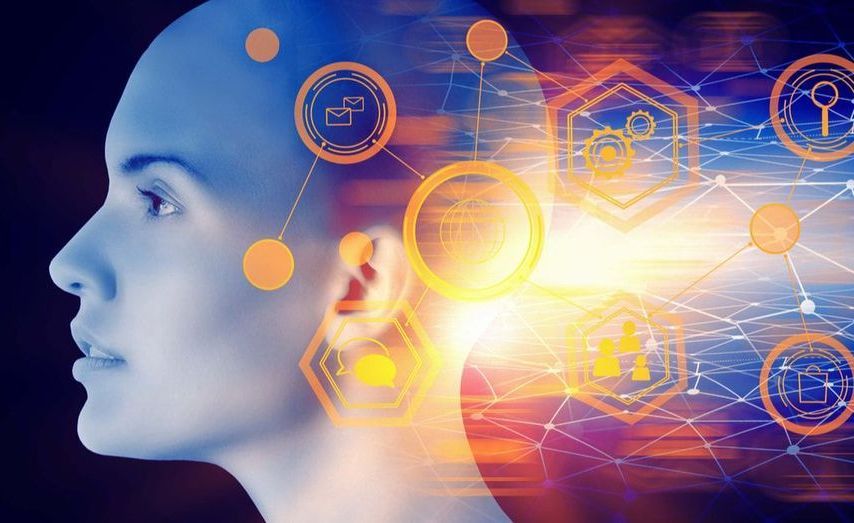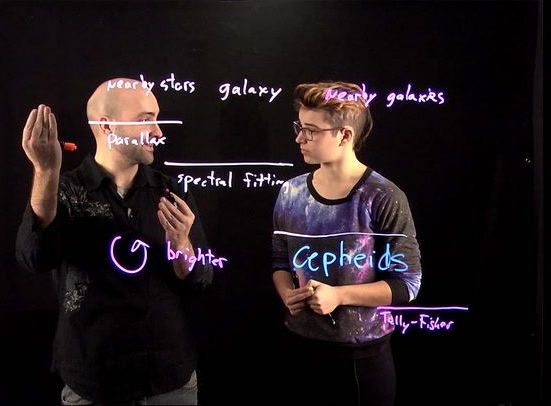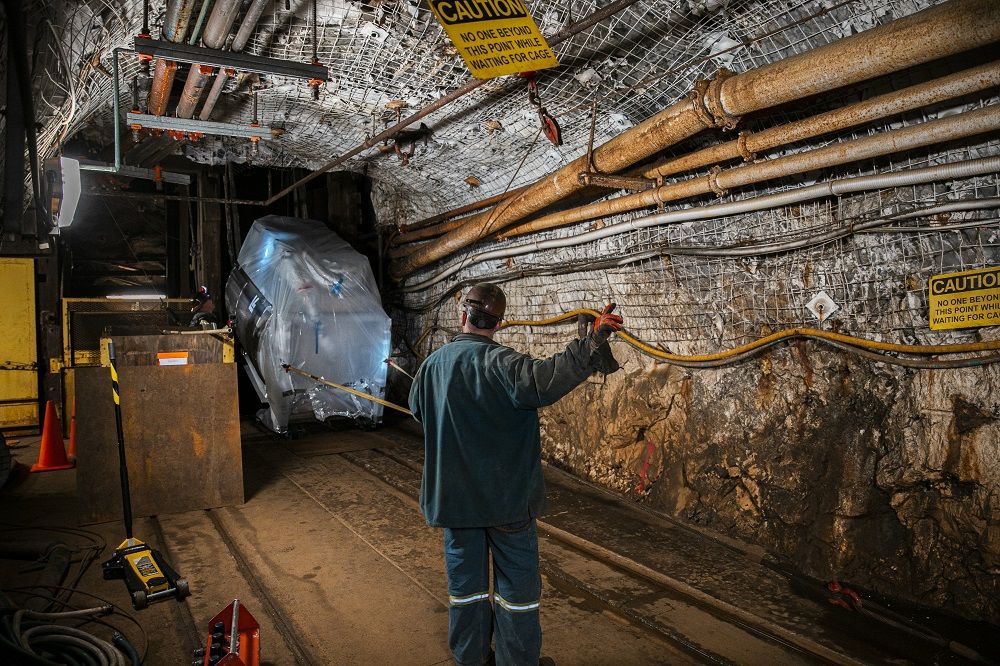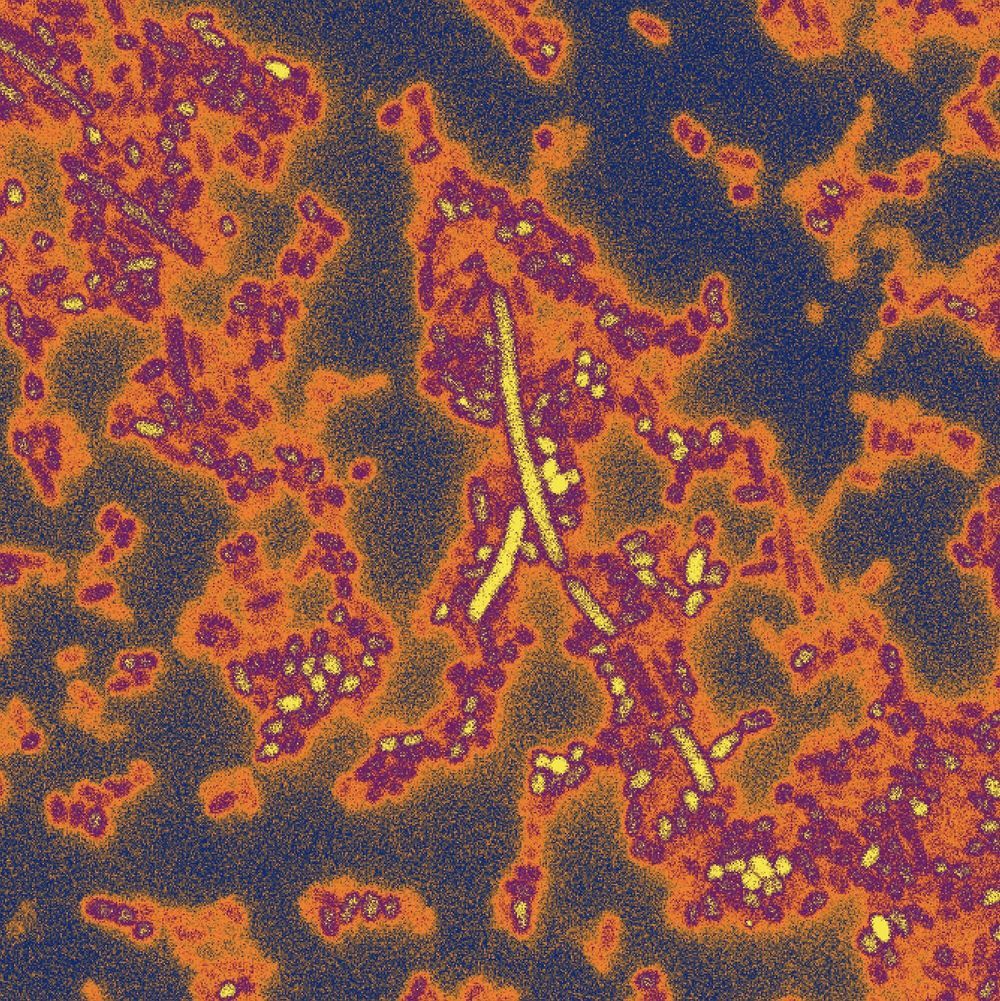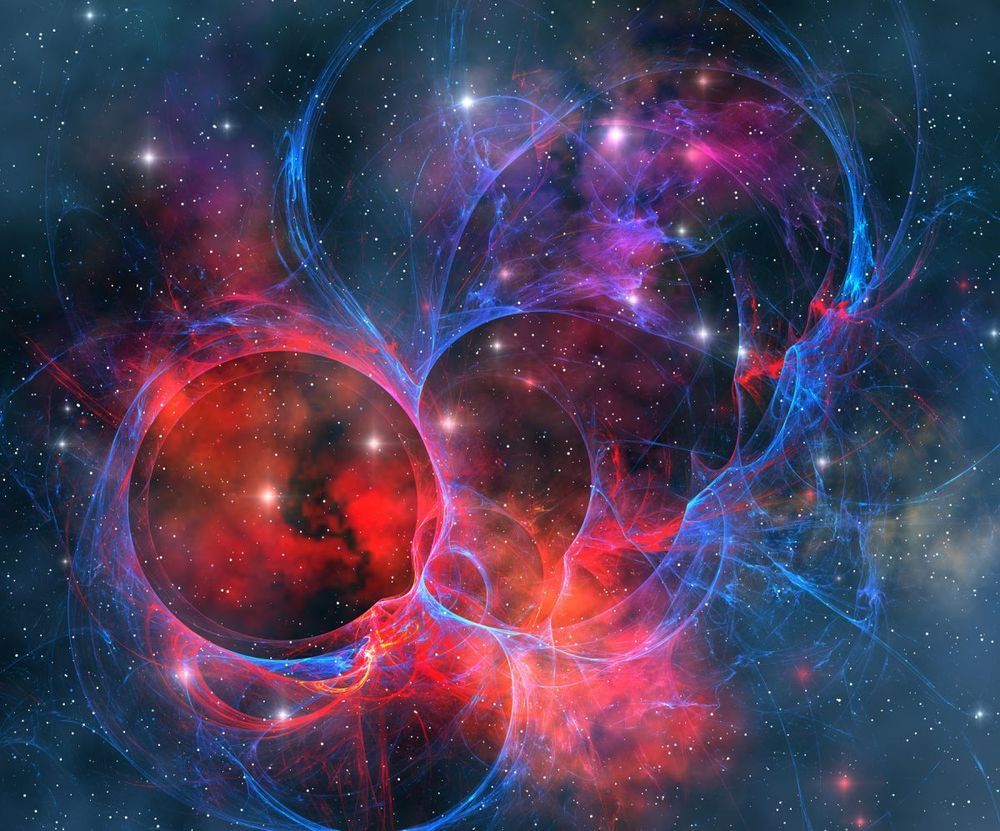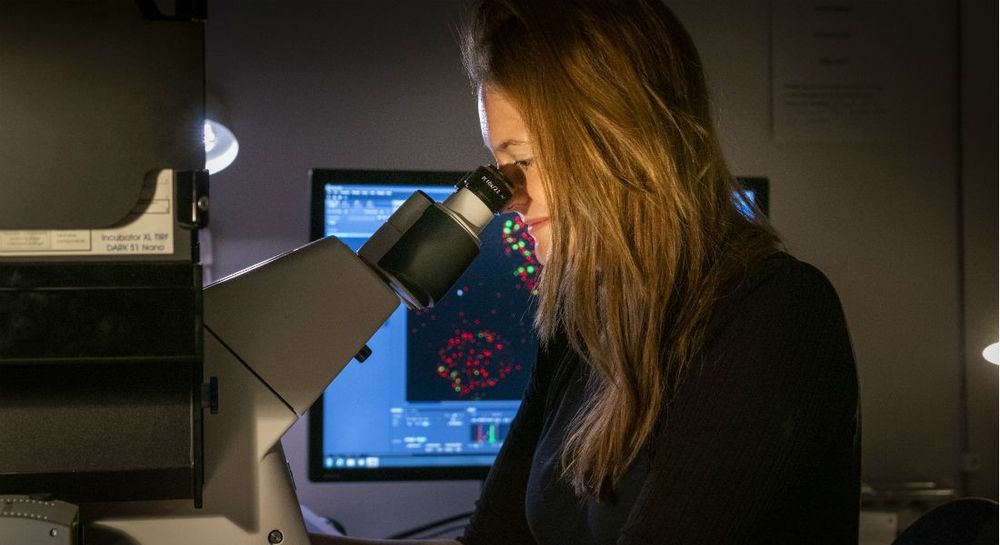
Higher serum levels of elaidic acid, an objective biomarker for industrial trans fat, are associated with an increased risk for developing all-cause dementia and Alzheimer disease, according to a study published online Oct. 23 in Neurology.
Takanori Honda, Ph.D., from Kyushu University in Fukuoka, Japan, and colleagues examined the prospective correlation between serum elaidic acid (trans 18:1 n-9) levels and incident dementia in 1,628 Japanese community residents aged 60 years and older without dementia. Participants underwent screening examination in 2002 to 2003 and were followed prospectively to November 2012.
The researchers found that 377 participants developed some type of dementia during follow-up. After adjustment for traditional risk factors, significant correlations were seen for higher serum elaidic acid levels with greater risk for developing all-cause dementia and Alzheimer disease. After adjustment for dietary factors, including total energy intake and intakes of saturated and polyunsaturated fatty acids, these associations remained significant. There was no significant correlation noted for serum elaidic acid levels and vascular dementia.
